Events
We host events focused on nuclear technology’s role in addressing climate change, promoting environmental justice, advancing nuclear innovation, building the nuclear workforce, and fostering equity within the industry.
Upcoming Events
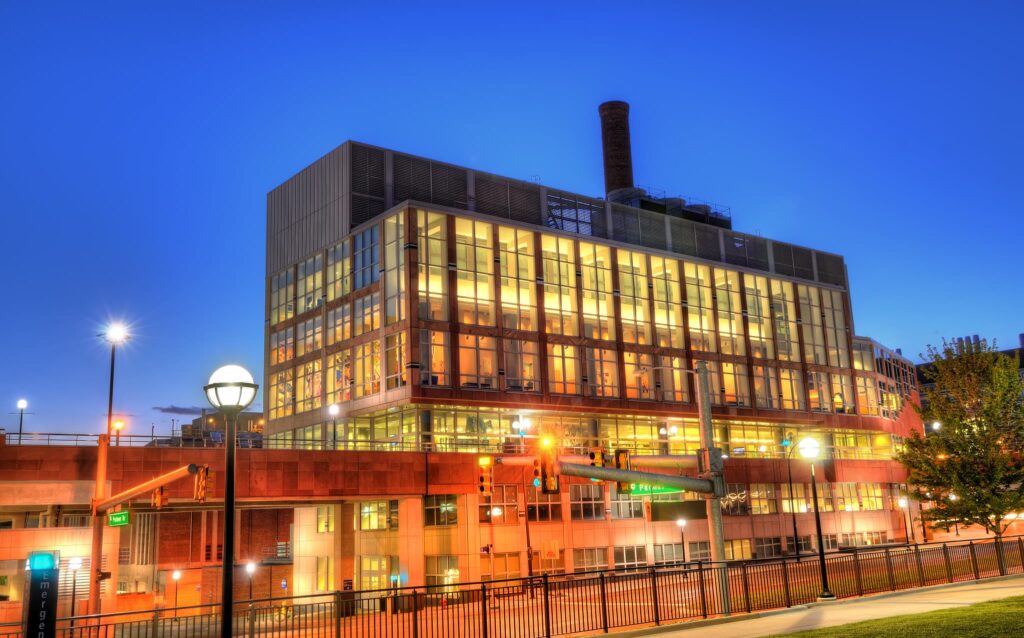
NEA Global Forum Symposium
Explore how nuclear education is shaping our global energy future
September 30–October 3, 2025
University of Michigan, Ann Arbor
Past Events
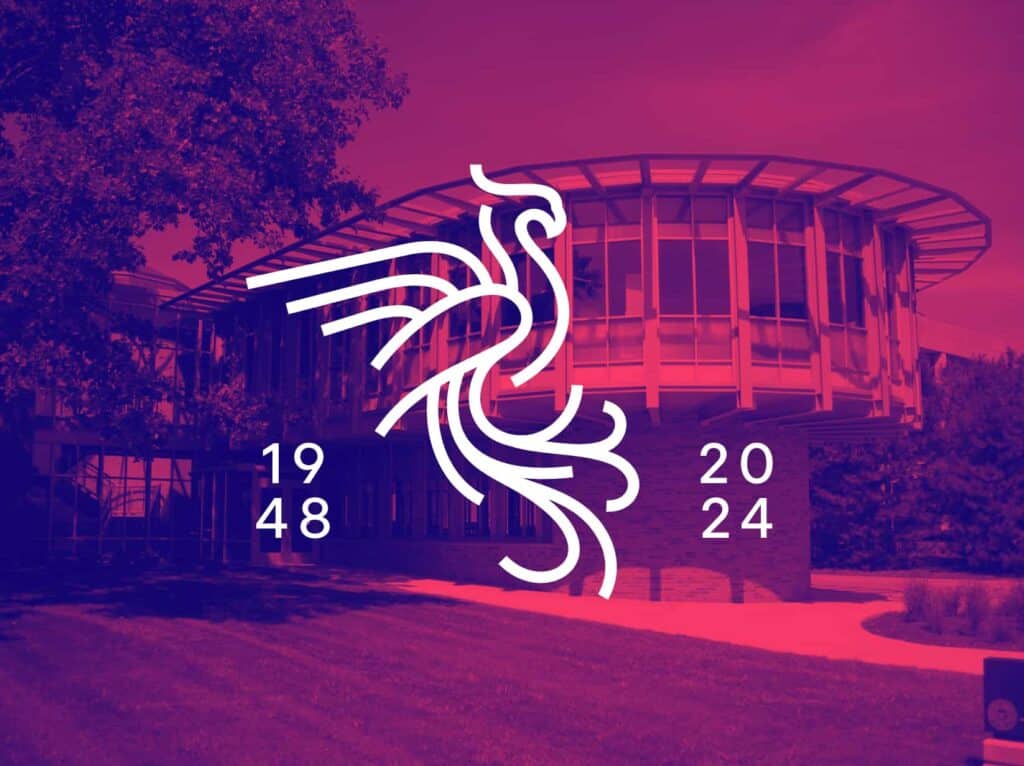
Nov 2024: Phoenix Symposium
Phoenix Project: From Kikuchi to Fastest Path
November 7–8, 2024
University of Michigan, Ann Arbor
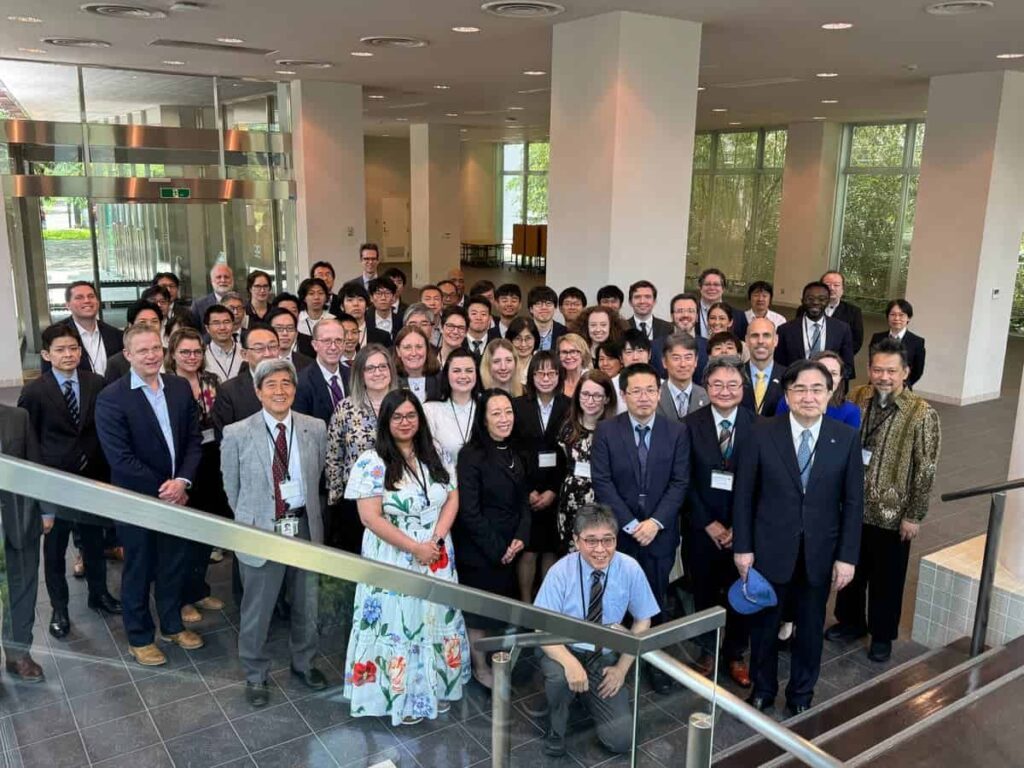
Tohoku Workshop
The Potential Contribution of Advanced Nuclear Energy Technologies to the Decarbonization and Economic Development of Japan and the U.S.
May 29–31, 2024
Sendai, Japan
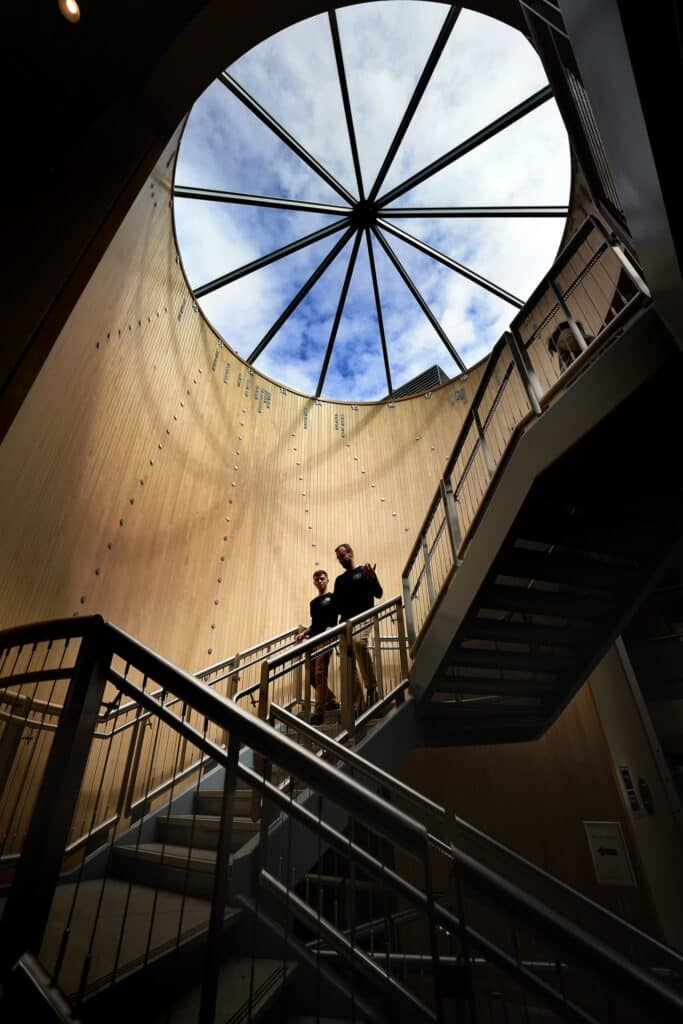
MMPP Rededication
Michigan Memorial Phoenix Project, home of the Fastest Path offices, was rededicated in 2022. Together with NERS, we reaffirmed the project’s purpose of advancing the uses of nuclear science and technology for the welfare of the human race.
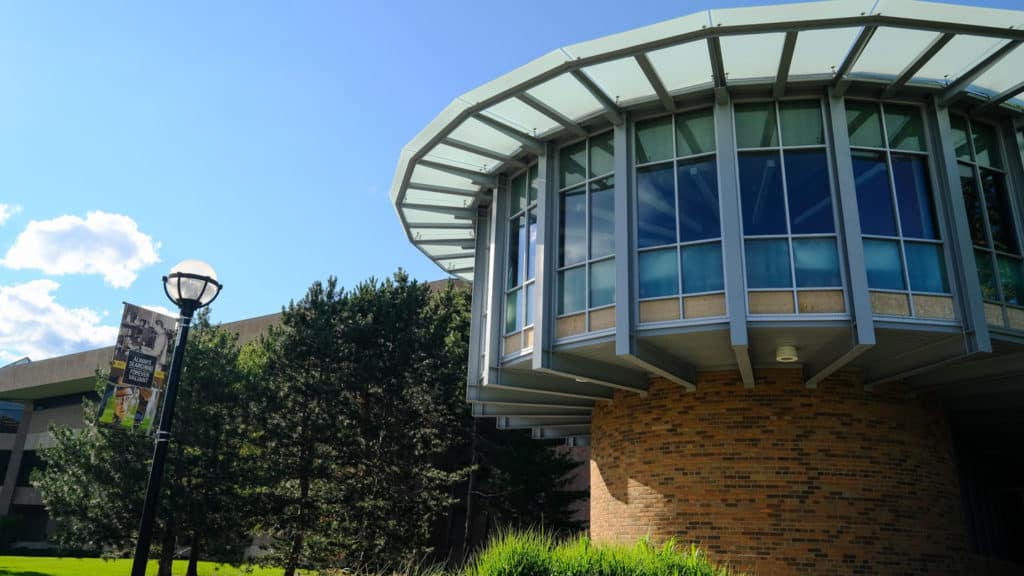
CEM Discussions
A three-part discussion on the equitable design, deployment, and transition to advanced nuclear energy technologies led by the Fastest Path to Zero Initiative, in support of the Clean Energy Ministerial (CEM) Nuclear Innovation: Clean Energy Future (NICE Future) initiative’s new RISE3 campaign on researching the impacts on social equity and economic empowerment.
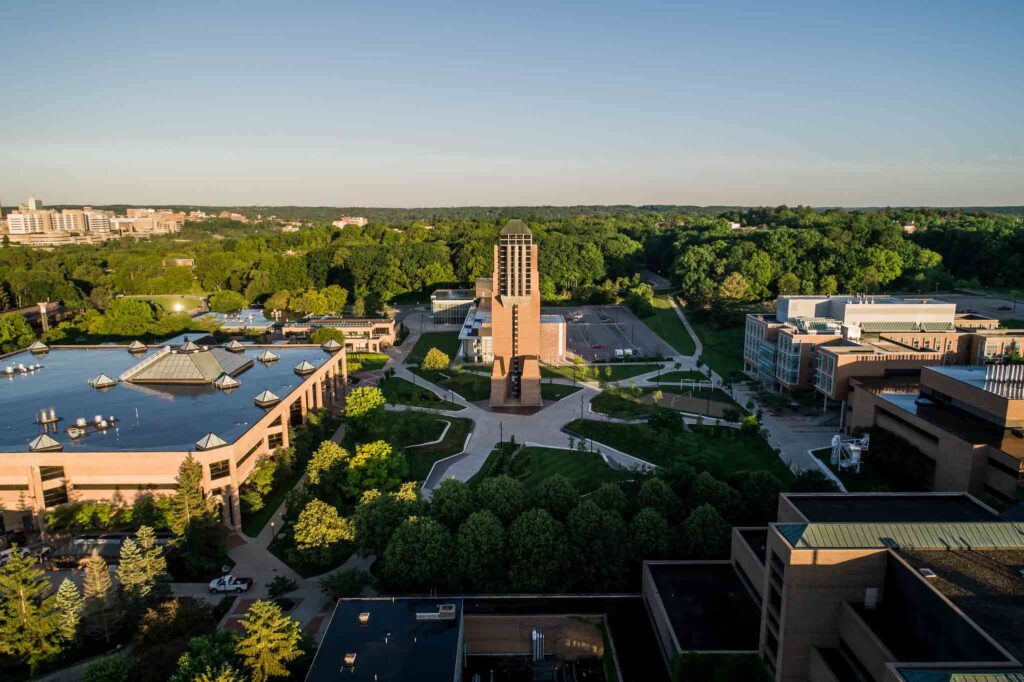
Nuclear Science Week
Nuclear Science Week is an international, broadly observed week-long celebration to focus local, regional and international interest on all aspects of nuclear science. Fastest Path was proud to support the event in October 2022.
Watch
Environmental Justice in the Nuclear Industry—U.S. WIN Outreach Webinar
Aditi Verma is on this panel of experts who shared their insights on how we can all work to promote environmental justice within the nuclear industry and to ensure that carbon-free energy is equitable across diverse communities.
Changing the Climate
Jessica Lovering, our Senior Visiting Fellow, discusses the progressive case for nuclear energy as an essential part of the broader climate change agenda.
A Call for Antiracist Action in the US Nuclear Community: A Conversation with Nuclear Scientists
A group of nuclear scientists recently published a call for anti-racist action in the Bulletin of the Atomic Scientists, urging researchers and their colleagues to confront a long legacy of racial disparities and injustices in the history of the nuclear field, many of which continue today.
Judicious Spending to Enable Success at the Office of Nuclear Energy
Todd Allen testifies before the U.S. House of Representatives Committee on Science, Space, and Technology.
Nuclear Innovation, Decarbonization, and Environmental Justice
A conversation that reimagines a future for nuclear rooted in equity-centered engineering.
Discussion with Good Energy Collective
Todd Allen interviews Good Energy Collective team members Suzanne Baker, Jessica Lovering, and Rachel Slaybaugh.
Imagining a New Future for Nuclear Power
If nuclear power is to be an important source of carbon-free energy in the United States, the industry must confront its history and acknowledge why public support for this source of energy has fallen over the last half century.
Toward Equity and Antiracism in Nuclear Policymaking
Many national security institutions—including those in the nuclear policy field—are strengthening their diversity, equity, and inclusion efforts. Such efforts focus on the important goal of incorporating diverse voices in spaces where they have historically been underrepresented, but what else should equity in nuclear policymaking entail?
Hypersonic Hype and the Ethics of Emerging Weapons Technology
Hypersonic missiles have been receiving a lot of attention lately, but do they deserve the hype? And what kind of implications do these nuclear advancements have for equity and justice?
Racism and Nuclear Weapons
Drs. Katlyn Turner, Denia Djokic, and Aditi Verma join the “Press the Button” podcast for an in-depth discussion on how systemic racism in the nuclear field is produced and sustained, and what needs to happen in order to begin combating it.
Part One
Part Two
Power Hungry Podcast
Jessica Lovering discusses the challenges facing the nuclear sector, why she is working to engage young climate activists, the advantages of SMRs, and why they have the potential to be, as she put it, the “iPhone of nuclear reactors.”
Responding to the Crisis: The Future of Climate in Cities
Tony Reames, Assistant Professor at the University of Michigan’s School of Environment and Sustainability, on why policymakers should be using community-focused policies to address climate and issues of access in American cities.
Responding to the Crisis: Ensuring Environmental Justice During the COVID-19 Recovery
Michelle Martinez, Statewide Coordinator for Michigan Environmental Justice Coalition, on the impacts of climate change and how it impounds issues of access on communities of color in Michigan.
Responding to the Crisis: The Recovery and a Clean Energy Economy
Daniel Raimi, our partner and Senior Research Associate at the U-M Energy Institute, discusses popular measures to meet the current COVID-19-related economic challenge and address climate change.
Responding to the Crisis: What Does Infrastructure Look Like During the COVID-19 Recovery?
Featuring our partner Carol C. Menassa, Associate Professor and John L. Tishman CM Faculty Scholar for the Department of Civil and Environmental Engineering at the University of Michigan.
Responding to the Crisis: Labor, Clean Energy and the American Worker During the COVID-19 Recovery
Featuring our partner Roland Zullo, Director of the Center for Labor and Community Studies at the University of Michigan-Dearborn.
NPR Marketplace
Make Me Smart With Kai & Molly invited Suzanne Hobbs Baker on the show to discuss nuclear energy’s place in the green energy discussion.